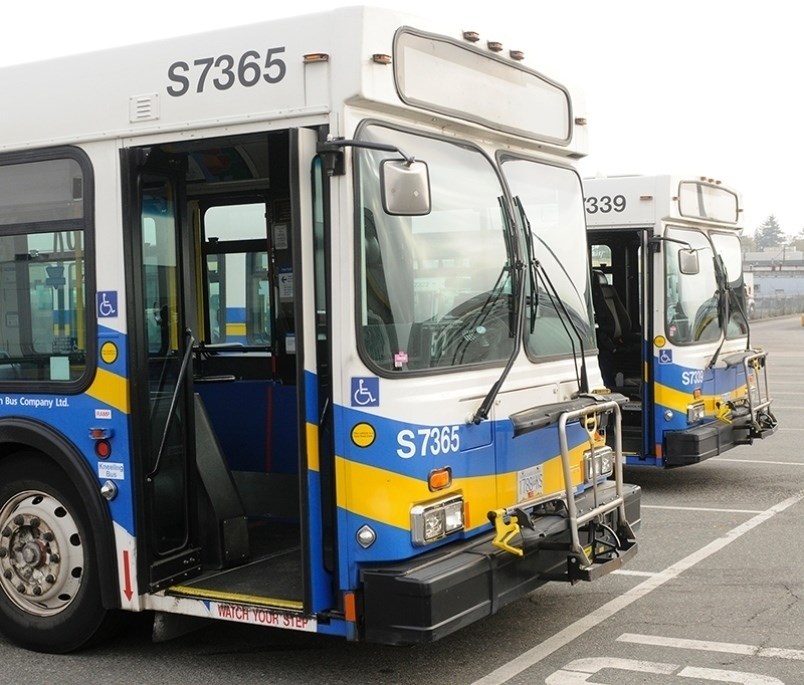TransLink has announced changes to two bus routes in the Tri-Cities, including the 150 White Pine Beach/Coquitlam Central Station route and the 182 Moody Centre Station/Belcarra route.
The 150 bus will be coming back as a seasonal route to help get summer crowds back-and-forth from Coquitlam Central Station to White Pine Beach. TransLink announced it will also add a larger bus to the route to handle the hoards of beachgoers.
The bus will run every 60 minutes from 10 a.m. to 7 p.m. on weekends starting Saturday, May 4, and end Monday, Sept. 2. During the week, that same schedule and frequency will start on Monday, June 10, and run until Monday, Sept 2.
The 182, on the other hand, will see an immediate and permanent increase in frequency to better link up with the West Coast Express, departing every 30 minutes on weekdays from 6 p.m. to 7 p.m.
The 182 is one of 14 routes set to see permanent improvements as part of the 10-year vision for Metro Vancouver’s transportation system meant to reduce traffic congestion and improve transit across the Lower Mainland.
A large part of the 10-year plan has federal backing for projects across the region, but those funds will expire in a few years.
Last week, Members of the Mayor's Council on Regional Transportation launched the Cure Congestion campaign in advance of the upcoming federal election, noting an explosion in new ridership has outpacing planned expansion.
“If you look at the areas that are not as well served by public transit, it's the areas that are absorbing some of the highest amounts of population growth,” said Port Coquitlam Mayor Brad West, pointing to places like the Tri-Cities, Maple Ridge, Pitt Meadows.
Overcrowding already clogs the Metro Vancouver's buses and SkyTrain, said the council. That’s in a region that has seen an 18% increase in new bus services since 2016, including in neighbourhoods like Burke Mountain. Last year, 52 bus routes had sustained overcrowding for an hour or more — 14 routes more than 2016.
In response, the Mayor's Council is asking every federal political party to commit to the Congestion Relief Fund, a predictable, annual funding formula that would earmark $375 million a year beginning in 2028.
Statistics show Metro Vancouver leads Canada and the United States in per capita transit ridership.
But project-to-project funding has made it hard to sketch out long-term transportation plans for the Metro area, and that’s left the growing suburbs in a bind, said Mayor West.
“The government at every level is telling people, ‘You need to get out of your car.’ The message I hear from PoCo residents is, ‘Absolutely, and on to what?'” said West. “If government is serious about wanting to tackle climate change, having people shift away from vehicles and on to public transit, then you have to give people the options.”
— with files from the Canadian Press



